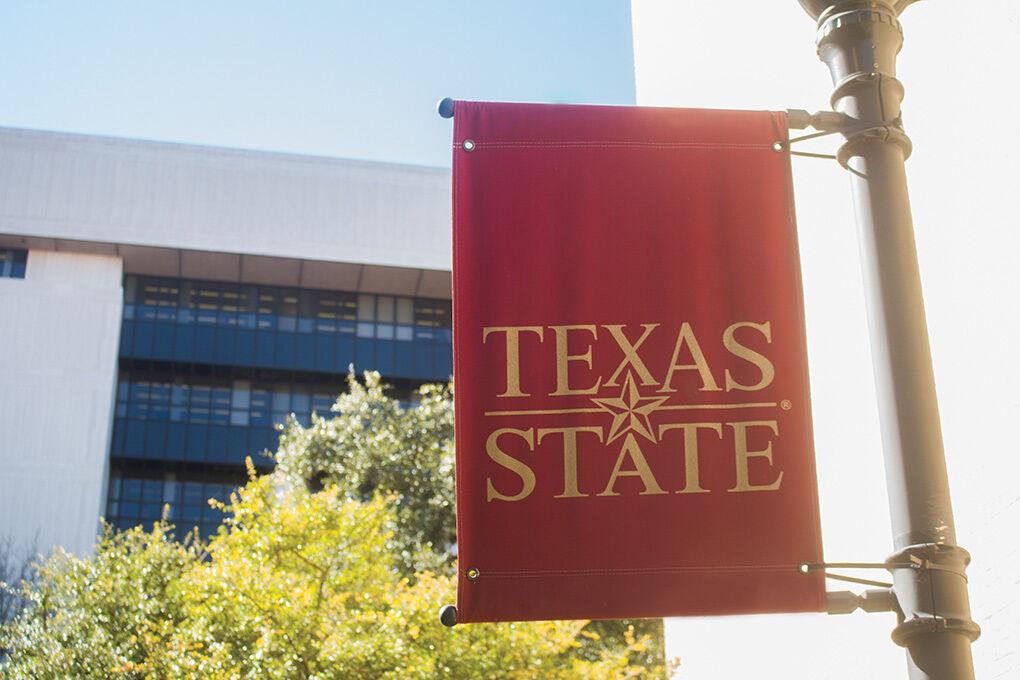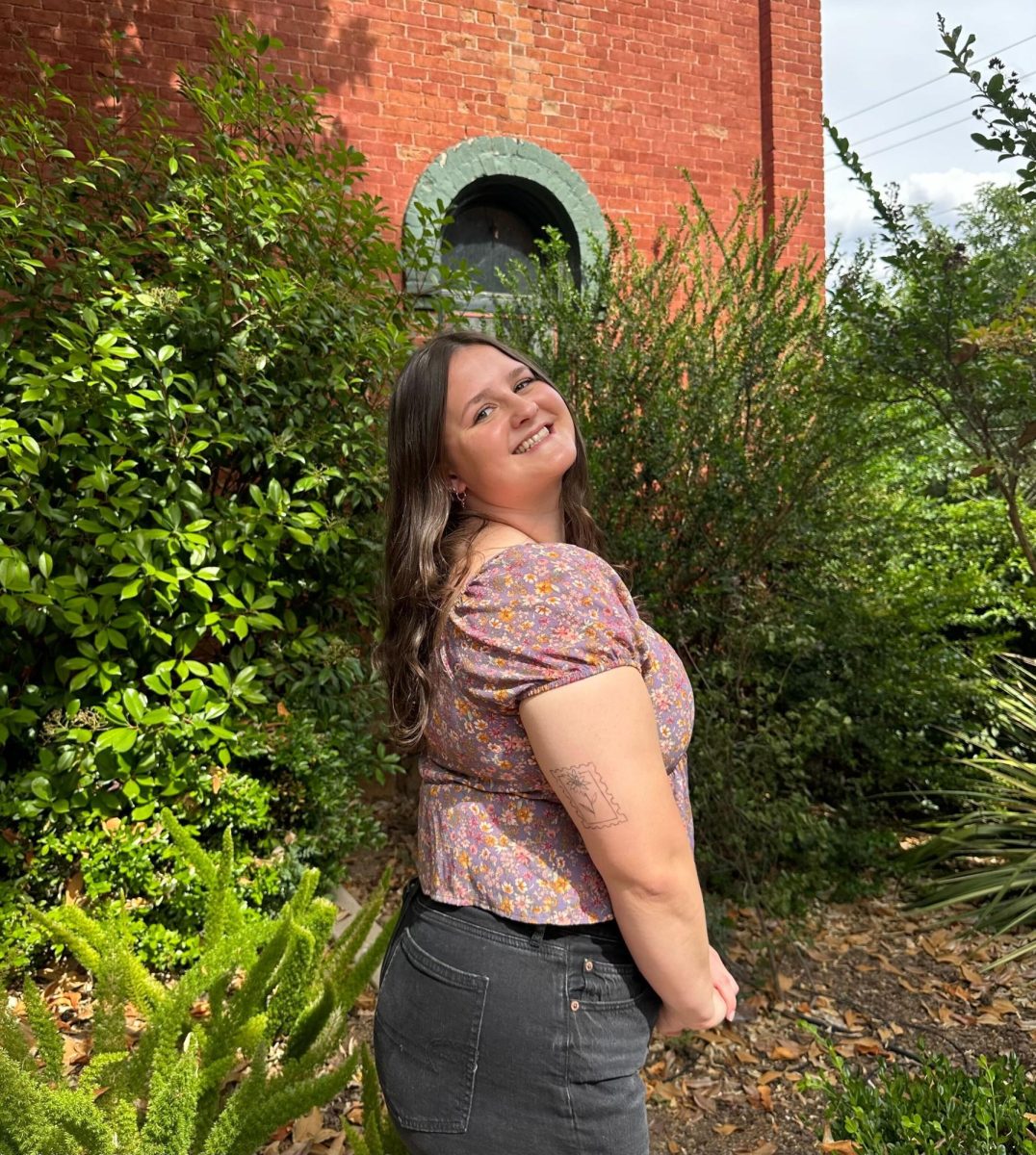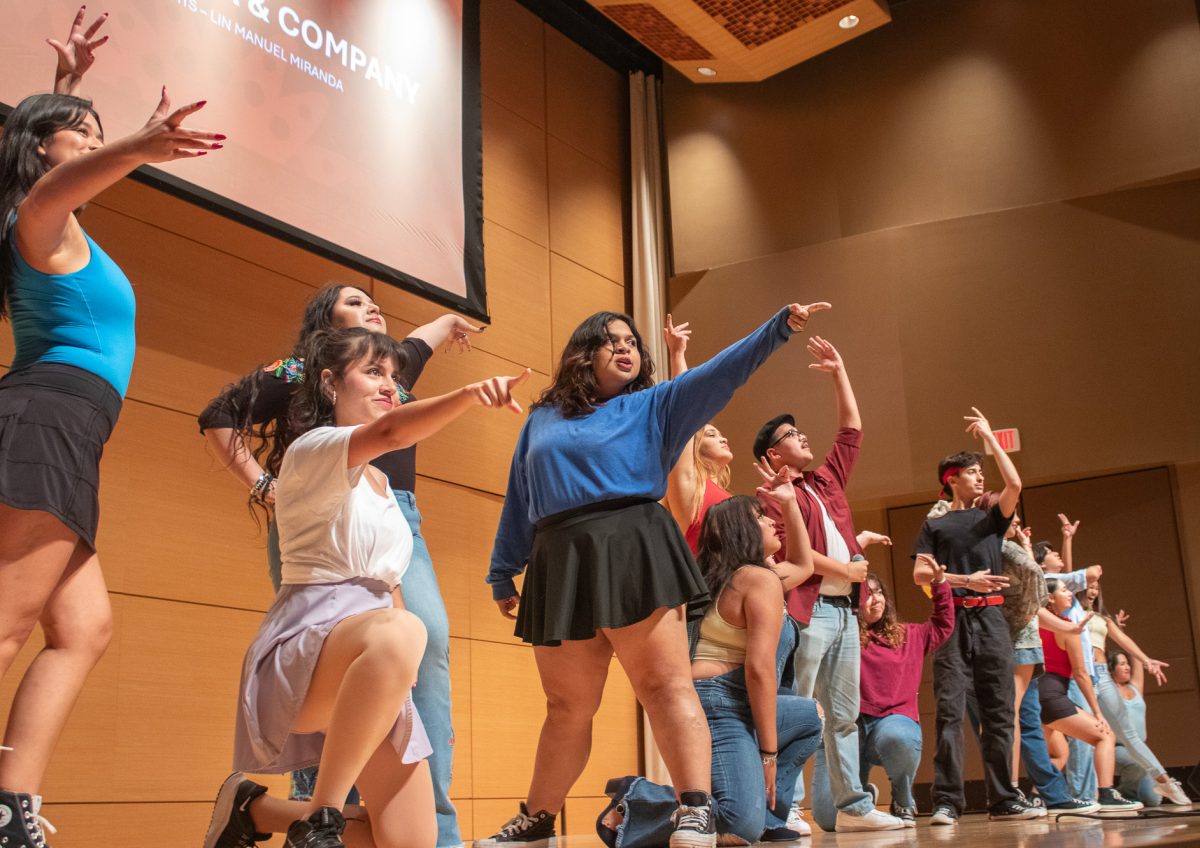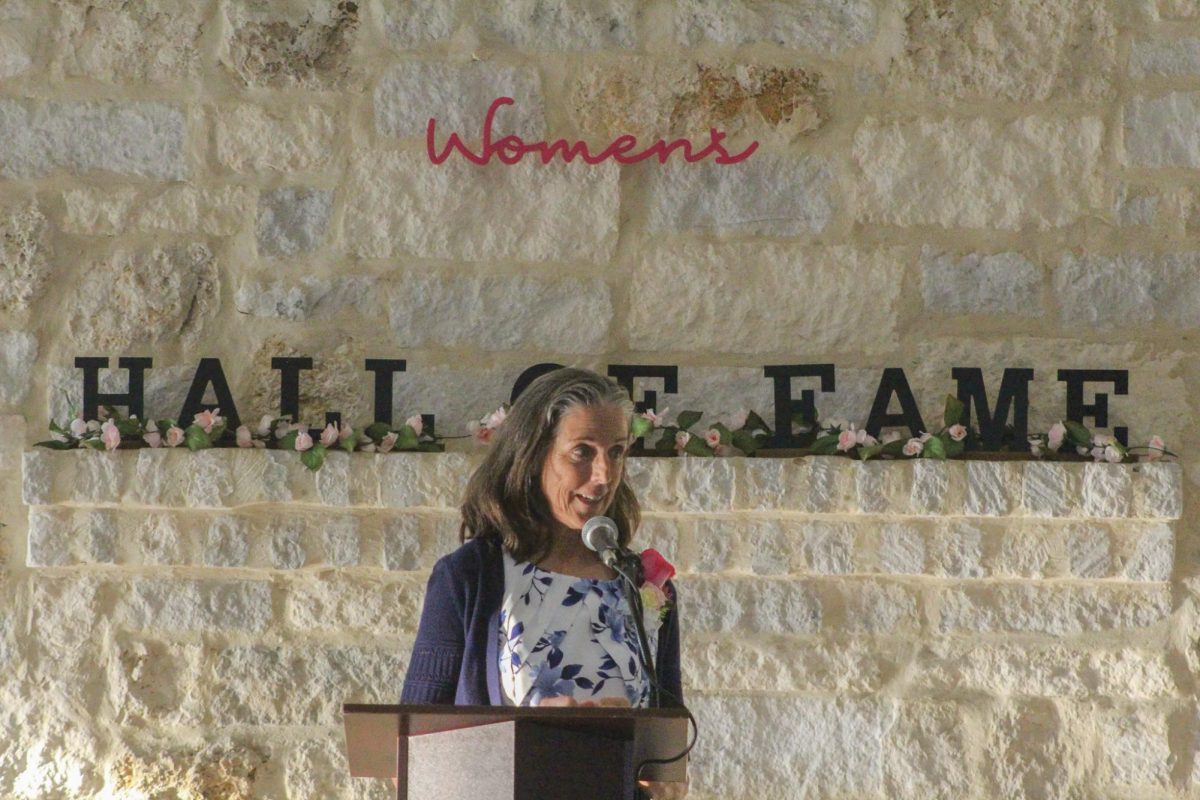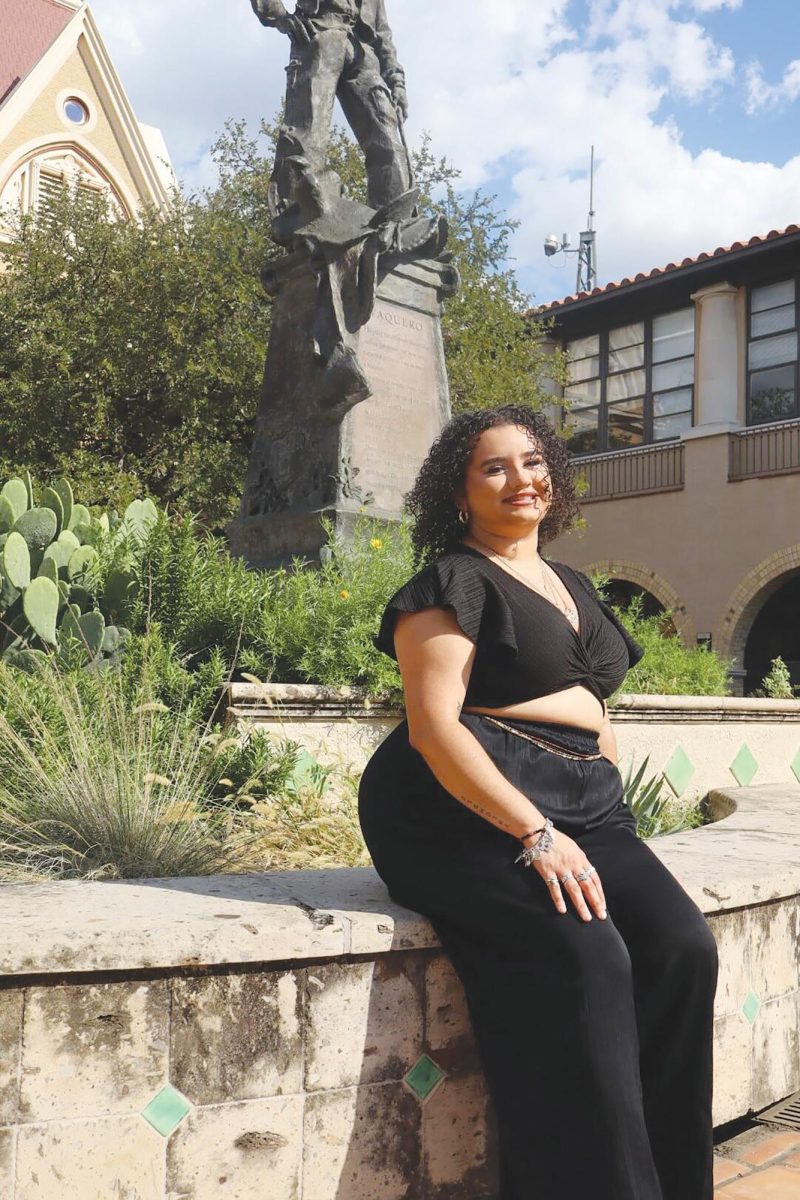A professor travels from San Marcos to Guatemala and back to determine the cause of deforestation in South America.
Jennifer Devine is an assistant professor in the geography department who studies the impacts of drug trafficking on deforestation inGuatemala’s Maya Biosphere Reserve.
Devine double majored as an undergraduate earning her degree in international studies and geography. Devine first became interested in the country of Guatemala when she took a capstone course during her undergrad that focused on the impacts of the Central AmericanFree Trade Agreement.
Devine visitedGuatemala for the first time in 2005 as a tourist. She went during her first year as a master’s student at the London School of Economics on a Marshall Scholarship and visited Guatemala to decide what to do for her master’s Research.
Her first day there, Devine said she visited the National Palace. While at the palace, she witnessed a demonstration and protest put on by the widows of the civil war that had lasted for 30 years.
“One thing just led to another,” Devine said.”I became fascinated with the rich but violent history, the rich culture, the geographic diversity (and) the cultural diversity.”
Devine’s work eventually led her to the Maya Biosphere Reserve, which is a stretch of trees that is one of the largest patches of forest left in Central America.Devine lived and worked with locals in the Maya Biosphere Reserve. She was in a rural area that surrounded a massive archeology site that was developed for tourism.
“It was through studying tourism and living and working with the people in this area thatpeople explained thattourism, large scale tourism development,is a threat to our land rights, but so is drug trafficking,” Devine said.
According to Devine, “narcocattleranching” poses a threat to the people living in that area. Since the Maya Biosphere Reserve is a protected area, cattle ranching is illegal, but the drug cartels cut huge swaths of the forest away tomake room for their cattle as well as buildlanding strips for their planes that carry their drugs.
The communities Devine worked with lived in the area before the Maya Biosphere Reserve became a protected area in 1990.When the area became a protected area, they organized themselves into 12 groups call “cooperatives” that communally manage the forest.
Under the organization of the Association of Petén’s Communities, the communities demanded the government give them a 25-year lease on the land they historically called theirs.
The drug cartels that take up the west of the reserve outside of community hands threaten the organization’s conservation efforts. The communities have been confronted by the drug cartels wanting them to sell the land they live on to the cartels.The cartels pressure the people in the area and have even killed some of the leaders of the communities according to Devine.
Yunuen Reygadasis a doctoral student in the geography department. Reygadas started out as Devine’s and professor Nathan Currit’s research assistant. Devine hired her to help with statistical and remote sensing analysis. She visited Guatemala with Devine and Currit in May of 2017and helped her with the analysis of aerial photographs of the area.
“We got some aerial photographs, like 1,500 images over the area to classify the land covers and land uses,” Reygadas said. “For example, how big is the area that is covered by forest? How big is the area that is covered by ranching or agriculture? So,what we did is that we went to the field to take some samples.”
Devine plans to create a study abroad trip that would concentrate on sustainable development strategies.
Devine is bringingAcademy Award winning and Emmy nominated documentary filmmakers Pamela Yates and Pacode Onísto screen and discuss the film”500 years: Life in Resistance” March 27, 2018at Texas State for this year’s Common Experience theme. The film is one of three Devine has produced that concern social justice in Guatemala.
“The filmmakers will also do a documentary filmmaking workshop with students at Texas State and visit my political geography class,”Devine said.
Categories:
Professor travels to Guatemala to study deforestation
November 29, 2017
0
Donate to The University Star
Your donation will support the student journalists of Texas State University. Your contribution will allow us to purchase equipment and cover our annual website hosting costs.
More to Discover


